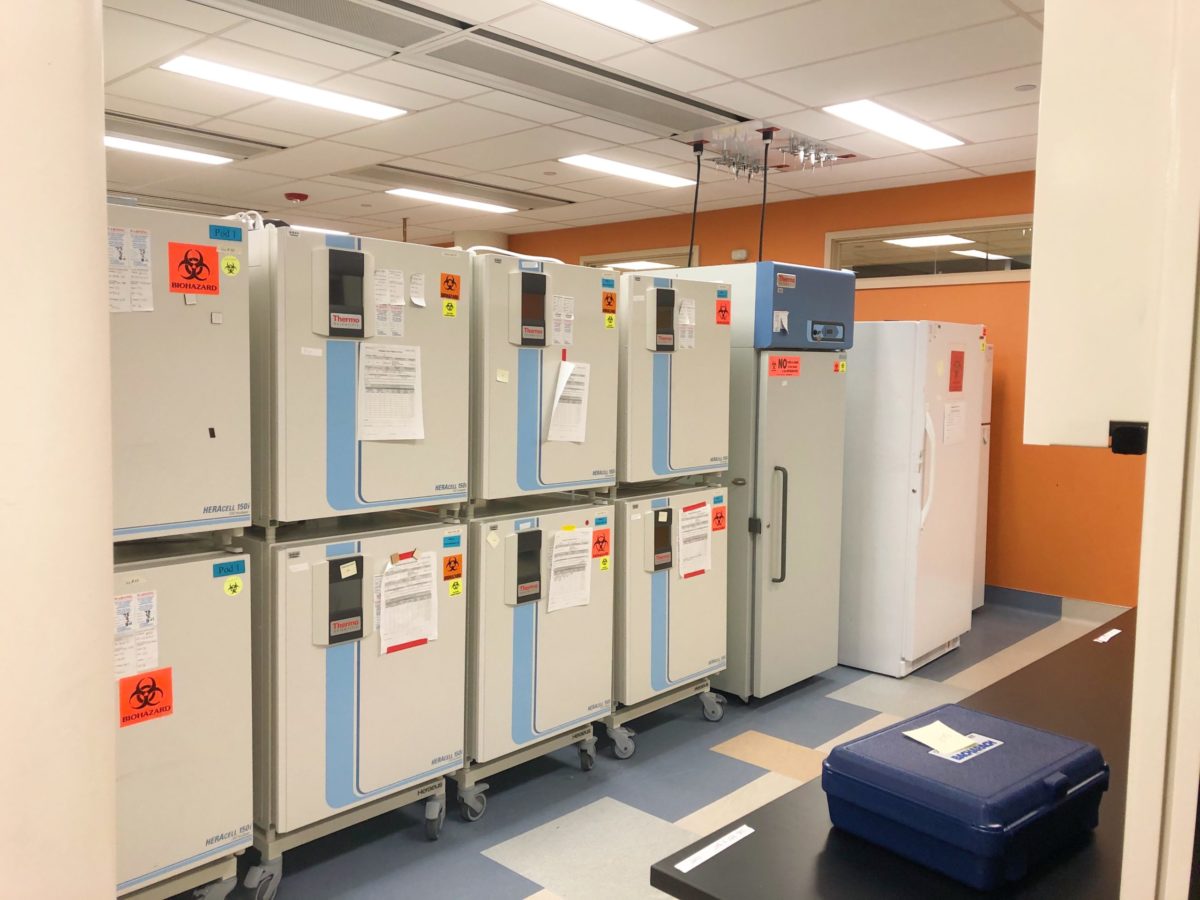There’s no denying Pittsburgh’s rising status as a national hub for research, technology and innovation. But a gap in centralized resources made it challenging for entrepreneurs in the life sciences sector to translate life-saving biotech research into marketable products.
LifeX Labs is working to close that gap. The life sciences startup resource has not only become a home base for Pittsburgh’s biotech community, its residency incubator also provides the training and resources to put early-stage companies on the path to market.
“The LifeX incubator is a place for these startups to move in, grow, get in a position to raise the next round of funding and escape the valley of death,” said Colleen M. Cassidy, Ph.D., director of LifeX’s Biopharmaceutical Active Management Group.
The notorious valley of death — where an arduous R&D process slows progress to a near halt, wringing early-stage companies dry of funds — has long plagued startups in health and the life sciences.
The incubator eliminates financial roadblocks for portfolio companies by providing affordable coworking space in the South Side neighborhood, a wet lab in Lawrenceville, expert mentorship, executive oversight and a growing calendar of community events and networking opportunities.
Beyond accessibility to resources, portfolio companies receive expert guidance curated to their individual needs.
“The incubator program is completely customized,” said Cassidy. “We work hands-on with each of our companies individually to strategize, set up and reach technical and business milestones.”
So, whether a company needs to prepare for a clinical trial, or understand the ins and outs of complex regulatory clearances and reimbursements, or help in creating a fundraising plan, LifeX Labs helps them make it happen.
Championed by the University of Pittsburgh, LifeX launched in 2018. The startup won $750,000 in grant funding from the US Economic Development Administration, which was then matched (for a total of $1.5 million) by local investors eager to see the world-class life science and robotics research coming out of Pitt and Carnegie Mellon University make a more profound impact on the commercial biotech industry.
Today, its singular emphasis on life science startups has enabled LifeX Labs to forge a strong, focused community of both ambitious founders and entrepreneurs, as well as experienced advisors, strategic partners and angel investors interested in ushering groundbreaking medical treatments and devices into the marketplace.
To be considered for the residency program, entrepreneurs must be in the life sciences category and ready to commit to building their companies full time. The first step, said Cassidy, is to fill out the application on the LifeX website.
Learn more about LifeX






